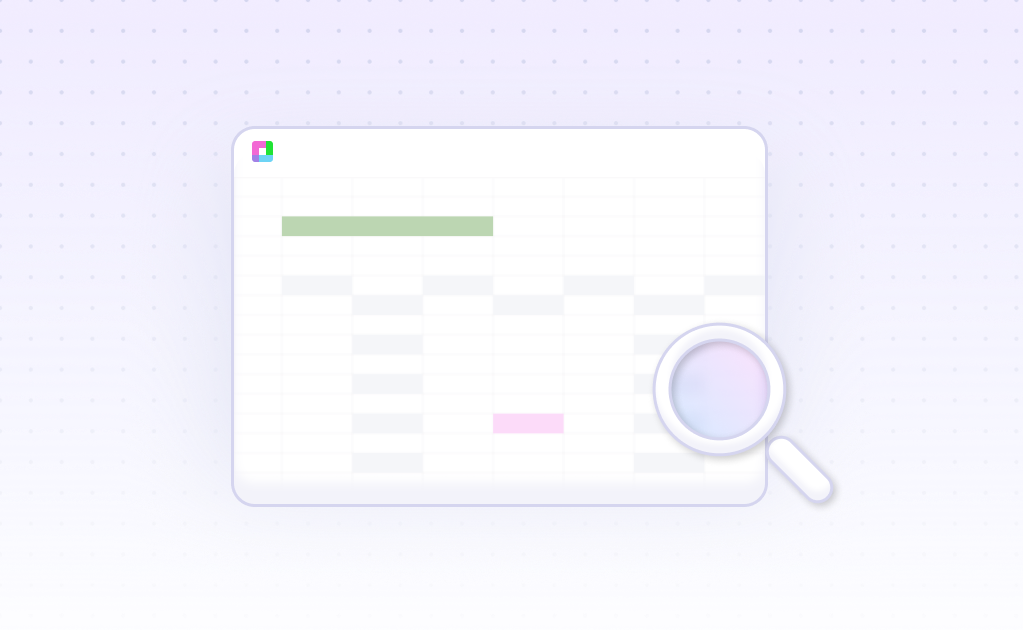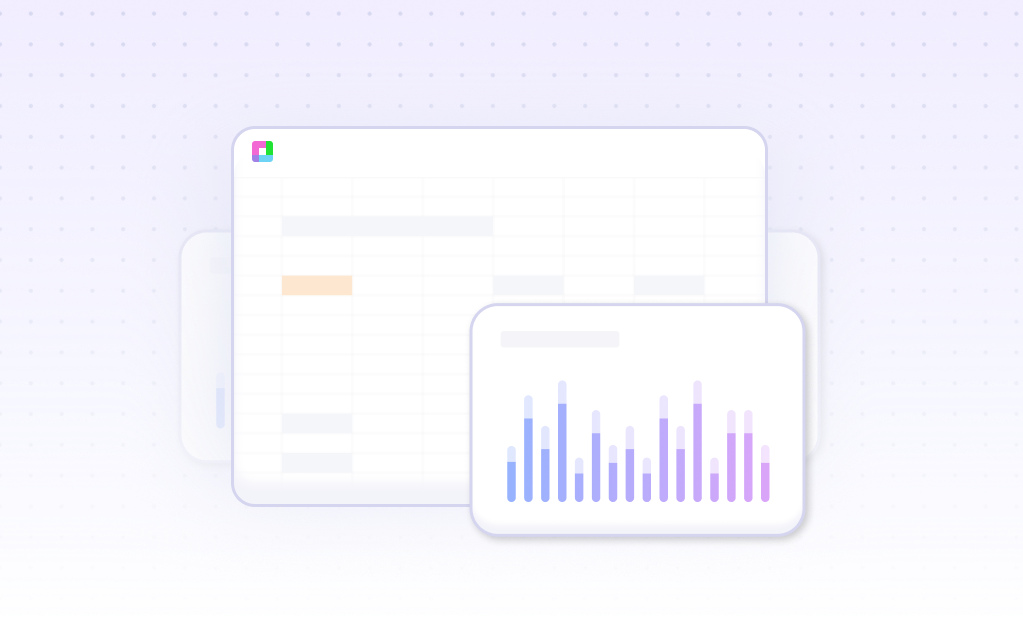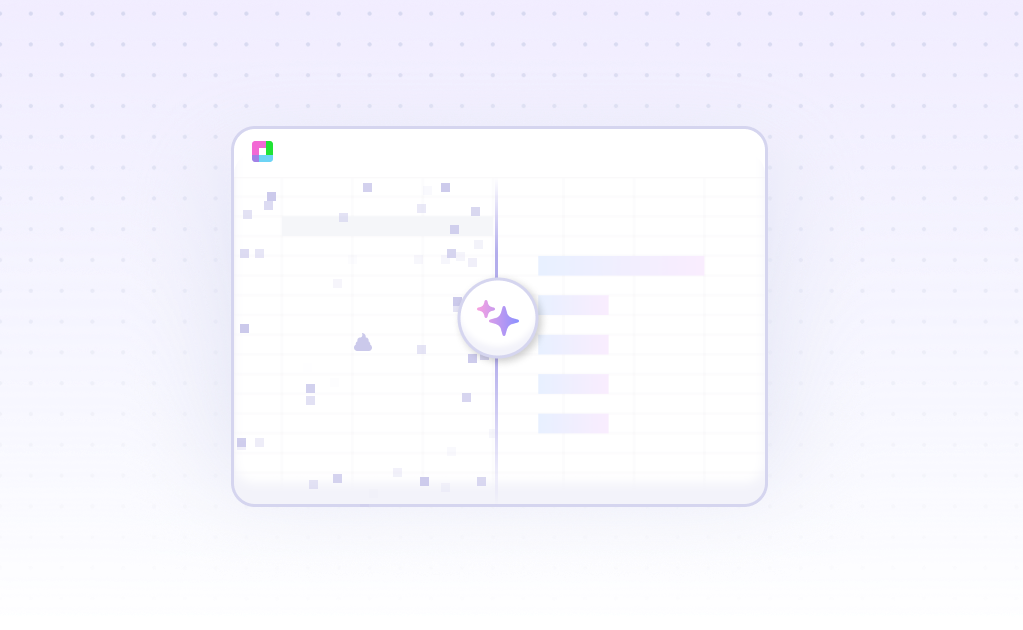
Introduction
Excel remains a powerful tool for retail economics analysis, enabling businesses to calculate revenue, profit margins, and visualize sales trends. Through spreadsheet analysis, retailers gain insights that drive strategic decisions. However, modern AI alternatives like Sourcetable streamline this process by combining spreadsheet functionality with conversational AI.
Sourcetable's AI-powered platform pairs spreadsheet capabilities with an intelligent chatbot that responds to natural language commands. Users can access over 100 data sources, clean datasets, and generate charts without Excel expertise. The platform's ability to run Python and SQL code further extends its analytical capabilities.
Learn how Sourcetable transforms retail economics analysis with AI-powered features at sourcetable.com/signup.
Why Sourcetable Is the Best Tool for Retail Economics Analysis
Sourcetable combines comprehensive retail data analysis with AI-powered insights. Unlike traditional Excel analysis that relies on manual pivot tables and summary sheets, Sourcetable directly integrates Office for National Statistics data and Local Data Company metrics for deep retail sector analysis.
Excel vs. Sourcetable Comparison
Excel analysis requires manual structuring of source data and creation of separate summary tables. Sourcetable streamlines this process through natural language queries and automated data visualization, eliminating tedious manual spreadsheet manipulation.
AI-Powered Advantages
Sourcetable's AI capabilities enable superior retail analytics through accurate demand forecasting, inventory optimization, and customer trend analysis. The platform processes both quantitative and qualitative data to generate actionable insights about customer behavior and predict return rates.
By combining Excel's functionality with AI-driven analysis, Sourcetable delivers comprehensive retail economics insights through a single, intuitive interface. This integration of traditional spreadsheet analysis with modern AI capabilities makes it the optimal choice for retail economic analysis.
Benefits of Retail Economics Analysis with AI-Powered Tools
Retail sales data serves as a crucial economic indicator, tracking consumer demand and accounting for two-thirds of gross domestic product. This key monthly metric helps analysts and investors evaluate economic health and identify inflationary pressures, providing insights into potential expansion or contraction.
Enhancing Analysis with AI-Powered Tools
AI-powered spreadsheet tools like Numerous.ai streamline retail data analysis through natural language processing capabilities. The technology excels at cleansing data, summarizing large text volumes, and categorizing information for faster insights. For digital marketing applications, these tools can generate targeted content and campaign structures, reducing manual workload.
Numerous.ai's integration with platforms like Google Sheets and Excel enables automated data processing and categorization using ChatGPT technology. The system efficiently handles open-ended text from various sources, including market surveys and social media, while normalizing inconsistent data inputs for accurate analysis.
Retail Economics Analysis with Sourcetable AI
Sourcetable's AI-powered spreadsheet platform enables comprehensive PEST analysis for retail businesses through advanced analytics capabilities and real-time data processing. The platform's user-friendly interface facilitates rapid analysis of political, economic, social, and technological factors affecting retail operations.
Market Analysis Capabilities
Through Sourcetable's advanced functions and filters, retailers can analyze market expansion opportunities and pricing strategies. The platform's AI automatically generates pivot tables and slices data to reveal economic trends and consumer patterns, supporting informed decision-making for operational improvements.
Trend Analysis and Visualization
Sourcetable's visualization tools transform complex retail data into clear visual presentations. The platform enriches datasets with calculated columns and automated formatting, enabling retailers to track shifting consumer trends and economic fluctuations. Real-time analysis capabilities help businesses adapt quickly to new regulations and market conditions.
Sustainability and Growth Planning
Retailers can leverage Sourcetable's advanced analytics to plan sustainable practices and growth strategies. The platform's ability to extract trends and extend datasets with rich columns supports comprehensive analysis of market opportunities and risks, facilitating both online expansion and physical market growth.
Retail Economics Analysis Use Cases with Sourcetable
Customer Segmentation Analysis |
Analyze high-frequency economic data to segment middle market customers using AI-powered automation, reducing manual errors while processing large datasets. |
Sales Trend Forecasting |
Leverage AI predictive capabilities to anticipate market trends and forecast sales patterns with improved accuracy and efficiency. |
Inventory Management Optimization |
Automate inventory analysis using AI-enhanced spreadsheet tools to optimize stock levels and reduce holding costs through data-driven decisions. |
Market Basket Analysis |
Utilize AI-powered data analysis to identify product purchase patterns and relationships, enabling strategic merchandising decisions. |
Economic Impact Assessment |
Process high-frequency economic indicators to evaluate market performance and develop data-driven business strategies for the middle market segment. |
Frequently Asked Questions
What is retail economics analysis and why is it important?
Retail economics analysis is the study of broad, market-moving retail sales data that serves as a key economic indicator. It captures in-store, catalog, and out-of-store sales for both durable and non-durable goods across categories like clothing, food, electronics, and automotive. This analysis is crucial because it functions as a proxy for consumer spending and provides highly current data, typically just weeks old.
How can Sourcetable's AI capabilities enhance retail sales analysis?
Sourcetable's AI capabilities automate time-consuming retail data analysis tasks, enabling analysis of larger datasets more quickly while reducing manual errors. The AI-powered system improves efficiency and accuracy in analyzing retail sales data, allowing analysts to focus on higher-level decision-making rather than manual data processing.
What steps are required to perform retail sales analysis in Sourcetable?
To analyze retail sales data in Sourcetable, access the data source table through the Data Analysis icon, select your project and configuration from dropdown lists, and use the Row Action menu to view jobs. You can then view source tables, set viewing options, apply filters for specific characteristics, and download data as needed.
Conclusion
Retail economics analysis traditionally requires extensive Excel work with large datasets, as demonstrated by the superstore analysis spanning 21 columns and 9,994 rows. This analysis demands careful data cleaning, formatting, and examination of product categories, shipping modes, customer segments, and regional performance.
While Excel remains a powerful tool for retail analysis, Sourcetable offers an AI-powered alternative that combines spreadsheet functionality with artificial intelligence. The platform's ability to clean data, create visualizations, and connect to over 100 databases streamlines the analysis process. Its integration with platforms like Amazon and comprehensive analytics capabilities make it particularly suited for retail economics analysis.
Whether analyzing sales trends or creating real-time dashboards, Sourcetable's AI automation reduces manual work while improving accuracy. Experience how Sourcetable simplifies retail economics analysis by visiting sourcetable.com/signup.
Recommended Analysis Guides
Connect your most-used data sources and tools to Sourcetable for seamless analysis.
Frequently Asked Questions
If your question is not covered here, you can contact our team.
Contact Us




